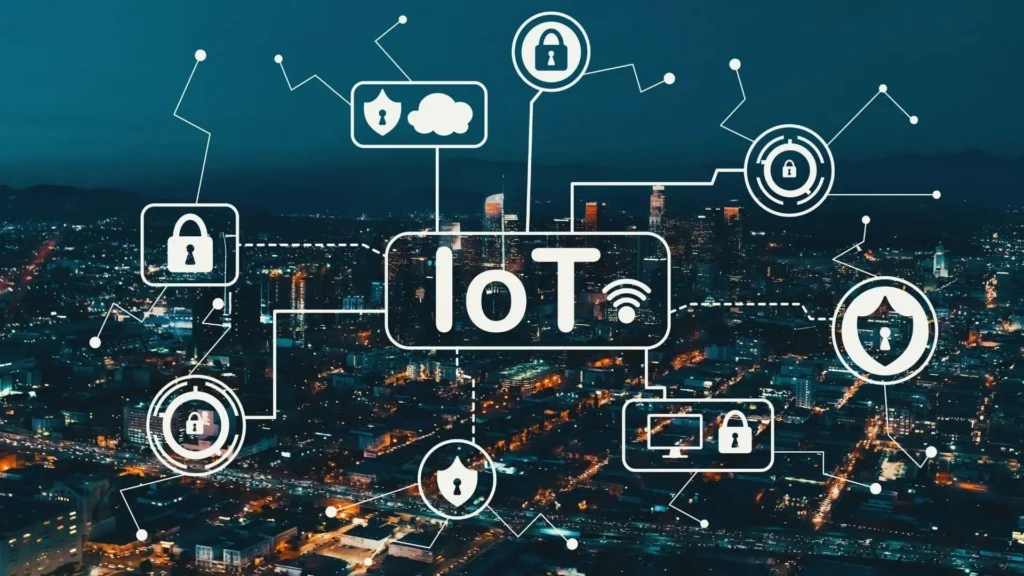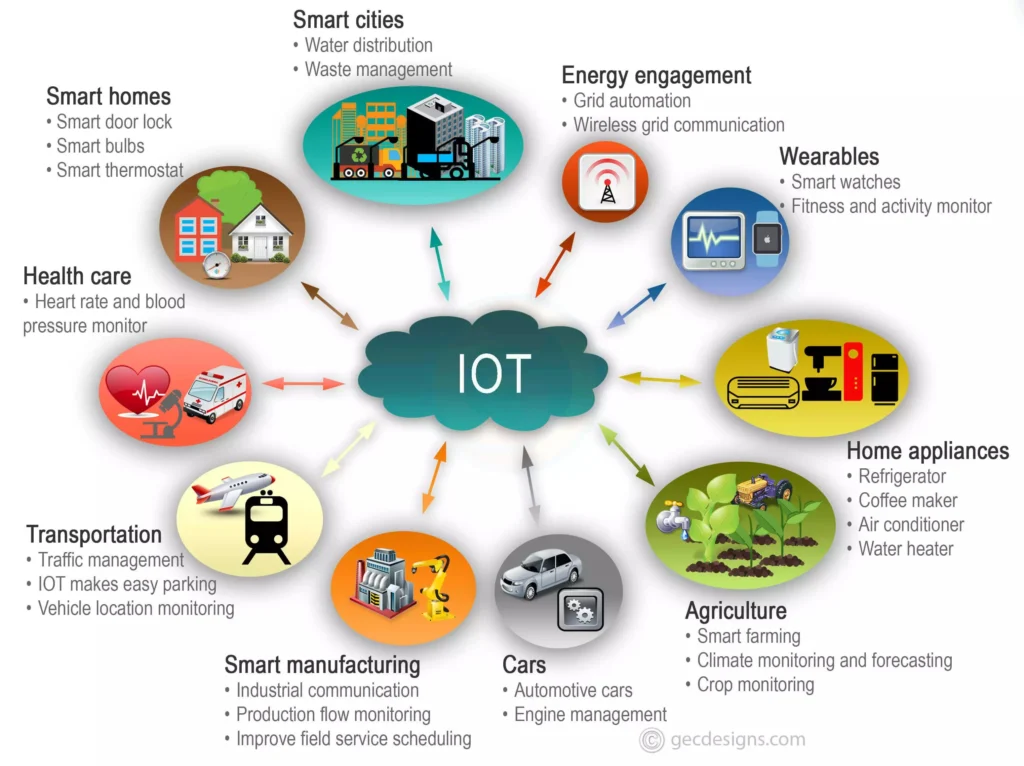
Introduction
In the era of digital transformation, the Internet of Things (IoT) has emerged as a revolutionary technology, connecting devices, sensors, and systems to enable smarter decision-making, optimize processes, and enhance our daily lives. From smart homes and wearable devices to industrial automation and smart cities, IoT is reshaping industries and driving innovation across the globe. In this comprehensive guide, we’ll explore the intricacies of IoT, its applications, benefits, challenges, and future prospects.
Understanding IoT:
At its core, IoT refers to the network of interconnected devices embedded with sensors, software, and other technologies that enable them to collect, exchange, and analyze data. These devices can range from smartphones and wearable gadgets to industrial machinery and environmental sensors. By leveraging the power of connectivity, IoT facilitates seamless communication and data sharing between physical objects, enabling remote monitoring, control, and automation.
Applications of IoT:

Smart Homes: IoT-enabled devices such as smart thermostats, lighting systems, and security cameras allow homeowners to remotely monitor and control their home environment, enhancing convenience, energy efficiency, and security.
Healthcare: IoT devices like wearable fitness trackers, remote patient monitoring systems, and smart medical devices enable healthcare providers to deliver personalized care, track vital signs, and improve patient outcomes.
Industrial IoT (IIoT): In manufacturing, IIoT facilitates predictive maintenance, real-time monitoring of equipment, and optimization of production processes, leading to increased efficiency, reduced downtime, and cost savings.
Smart Cities: IoT technologies are transforming urban infrastructure by enabling smart transportation systems, waste management solutions, environmental monitoring, and public safety initiatives, creating more sustainable and livable cities.
Agriculture: IoT sensors and drones are revolutionizing agriculture by providing farmers with real-time data on soil moisture, crop health, and weather conditions, enabling precision farming techniques and optimizing crop yields.
Benefits of IoT:
Enhanced Efficiency: IoT enables automation and optimization of processes, leading to increased efficiency, productivity, and cost savings across various industries.
Improved Decision-Making: By providing real-time insights and predictive analytics, IoT empowers businesses and individuals to make informed decisions and respond proactively to changing conditions.
Greater Convenience: IoT-enabled devices offer convenience and flexibility by allowing users to remotely monitor and control their environments, whether it’s adjusting home temperature settings or tracking fitness goals.
Enhanced Safety and Security: IoT solutions enhance safety and security by enabling surveillance, access control, and emergency response systems in homes, businesses, and public spaces.
Environmental Sustainability: IoT technologies enable resource monitoring, energy management, and waste reduction initiatives, contributing to environmental sustainability and conservation efforts.
Challenges and Considerations:
While IoT offers tremendous potential, it also poses certain challenges and considerations, including:
Security and Privacy Concerns: IoT devices may be vulnerable to cyberattacks and data breaches, raising concerns about privacy and security risks.
Interoperability and Standards: The proliferation of diverse IoT devices and platforms creates challenges related to interoperability, compatibility, and standardization.
Data Management and Analytics: Managing and analyzing vast amounts of IoT data poses challenges related to storage, processing, and deriving actionable insights.
Regulatory Compliance: IoT deployments must adhere to regulations and standards related to data privacy, security, and consumer protection.
Scalability and Complexity: Implementing IoT solutions at scale requires addressing challenges related to infrastructure, connectivity, and complexity.
Future Outlook:
As IoT continues to evolve, we can expect to see further advancements in areas such as edge computing, artificial intelligence, and 5G connectivity, enabling faster, more efficient, and more intelligent IoT deployments. With the proliferation of connected devices and the ongoing digitization of industries, IoT will play an increasingly integral role in shaping the future of technology and society.
Conclusion:
The Internet of Things represents a paradigm shift in how we interact with the world around us, unlocking new opportunities for innovation, efficiency, and connectivity. From smart homes and cities to healthcare and agriculture, IoT is transforming industries and improving quality of life. By embracing IoT technologies responsibly and addressing challenges proactively, we can harness the full potential of this transformative technology and create a more connected, intelligent, and sustainable future.
Know more about IOT and its features, we should go through this video.


